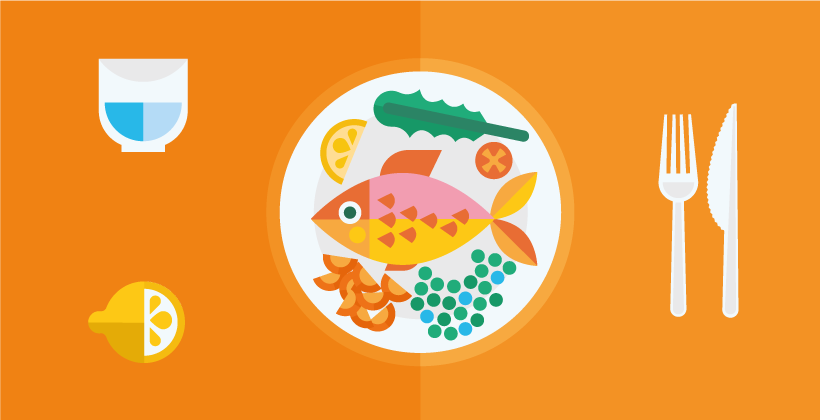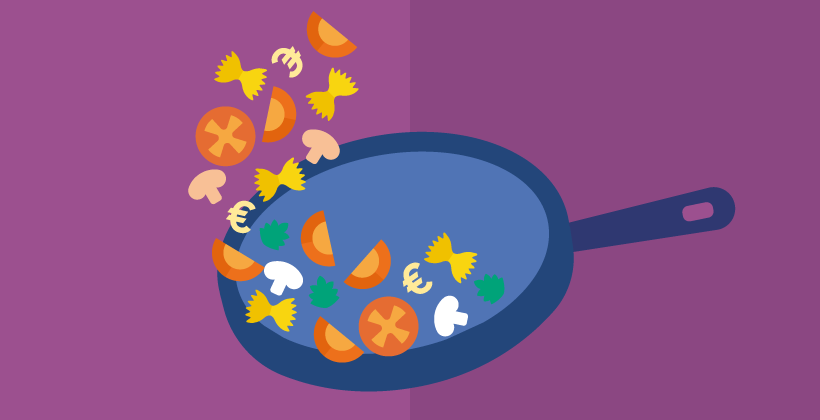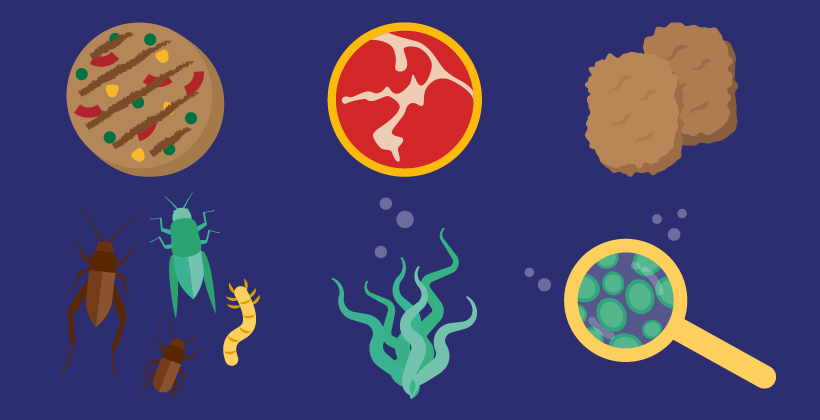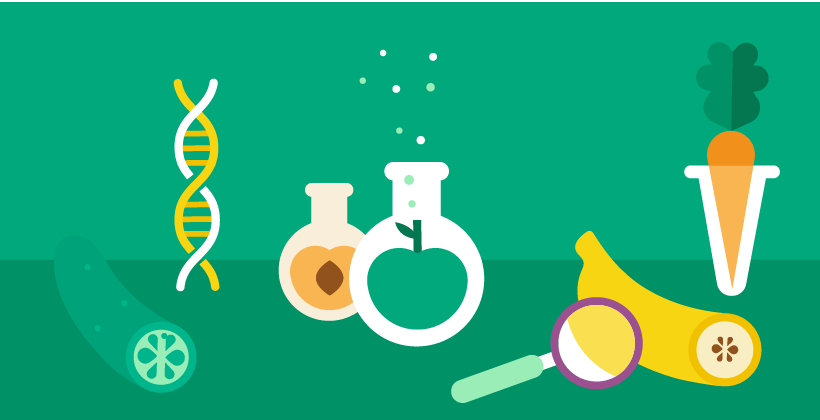Food and addictive behaviour (Q&A)
Last Updated : 15 October 2014Food intake is essential for survival and normal function of the body. Food has a role in balancing physiological processes, but also provides pleasant sensations that provide natural reward. Natural rewards such as food, water, sex, and nurturing allow humans (and other animals) to feel pleasure when eating, drinking, procreating, and being nurtured. From an evolutionary perspective, the rewarding properties of food increase motivation to seek and obtain an adequate energy supply. While natural rewards are critical for survival, addictive substances like drugs and alcohol are not.
1) Can food be addictive?
In humans, with the exceptions of alcohol and caffeine, there is no evidence that a specific food, food ingredient or food additive causes a substance-based type of addiction. Current scientific knowledge does not find a relationship between broad categories of high-fat and high-sugar foods and addiction, and there are no defined thresholds whereby a particular concentration of nutrient(s) might stimulate the addictive process. Therefore, despite the fact that reward centres may be activated by pleasurable experiences, including food intake, the overlap of reward pathways does not validate the concept of food addiction. However, the link between appetite, hunger, satiation and satiety with the reward system could be seen as a basis for the development of addictive-like eating behaviour.
2) Does ‘food addiction’ exist?
Based on current understanding of addiction and according to the International Classification System for psychiatric disorders, the term “food addiction” is not formally recognised. It cannot currently be diagnosed according to any set of criteria that have gained general medical or psychological recognition. However, eating disorders such as bulimia nervosa and binge eating disorder are medically recognised, with defined criteria for diagnosis.
Experts in the field of eating behaviour have suggested that the terms “eating addiction” or “addictive eating disorder” are better suited to describe behaviour related to overeating, rather than “food addiction” that implies a substance use addiction. A substance use disorder is a condition in which the use of one or more substances such as drugs or alcohol may lead to a pathology (which can be any loss or abnormality of psychological, physiological, or anatomic structure or function).
The Yale Food Addiction Scale was developed for the assessment of food addiction. However this tool relies primarily on the substance dependence criteria as found in the now outdated Diagnostic and Statistical Manual of Mental Disorders IV (DSM-IV). However the most recent classification (DSM-5) includes “substance-related and addictive disorders”. This opens the possibility that other, non-substance based, behavioural addictive disorders, such as ‘eating addiction’, or ‘addictive eating disorder’, may be considered in the future. However, these conditions are not established and more research is needed to understand this area.
3) What is overeating then and what triggers it?
Overeating could be triggered by increased anticipation of reward before eating, and decreased satisfaction after eating palatable food. Food ingestion can have a rewarding effect, particularly if we are hungry, or develop an appetite for a certain food. In neurobiological terms, this rewarding feeling results from complex signalling processes that initiate in the mouth, larynx, oesophagus, stomach and small and large intestines. These processes are stimulated by the sight, smell and taste of food. Food texture can also generate pleasure via specific sensors located in the mouth (mouth feel).
It has been proposed that individuals may overeat as a consequence of an addiction-like behaviour. A wide range of physiological and psychological issues may underlie the development of such an addiction-like eating behaviour, including prolonged stress, anxiety, depressed mood and boredom. In rare instances, overeating may be caused by mutations in genes. An estimated 3% of people with severe obesity have a mutation in the leptin gene leading to a deficiency of leptin, a “satiety hormone”. This results in an increased feeling of hunger and reduced feeling of fullness.
A large proportion of people overeat to an extent that threatens physical and mental wellbeing and may result in an increased risk of developing obesity and further medical conditions such as cardiovascular disease and type 2 diabetes. The combination of overeating and other factors like physical activity levels, influence the risk of developing obesity and associated diseases.
References
- Clément K, et al. (1998). A mutation in the human leptin receptor gene causes obesity and pituitary dysfunction. Nature 26:398-401.
- Hebebrand J, et al. (2014). “Eating addiction”, rather than “food addiction”, better captures addictive-like eating behavior. Neuroscience and Biobehavioral Reviews 47:295-306.
- Hone-Blanchet A & Fecteau (2014). Overlap of food addiction and substance use disorders definitions: Analysis of animal and human studies. Neuropharmacology 85:81-90.
- Meule A & Gearhardt AN (2014). Food Addiction in the Light of DSM-5. Nutrients 6:3653-3671.
- Meule A (2014). Are certain foods addictive? Frontiers in Psychiatry 5:1-3.
- NeuroFAST Consensus opinion on food addiction.
- Ziauddeen H & Fletcher PC (2013). Is food addiction a valid and useful concept? Obesity Reviews 14:19-28.








